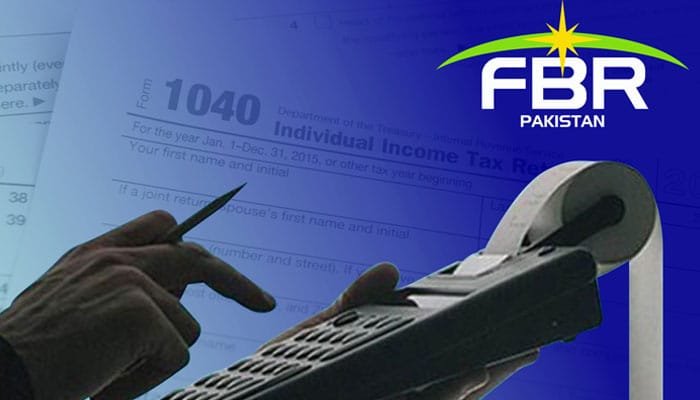
FBR Influencer Crackdown : Launches Crackdown on Social Media Influencers for Concealing Income
FBR Targets Influencers Over Tax Discrepancies
The Federal Board of Revenue (FBR) has initiated a major crackdown on over 20 social media influencers across Pakistan for allegedly concealing their actual income and failing to pay due taxes. The move comes as part of the government’s intensified efforts to enhance tax compliance among high-earning individuals operating in the rapidly expanding digital economy.
According to official sources, many of these influencers have been flaunting luxury lifestyles on platforms such as Instagram, YouTube, and TikTok—showcasing expensive fashion brands, frequent international trips, and high-end purchases. However, a closer look at their financial disclosures revealed minimal or no tax filings, prompting authorities to take notice.
The FBR’s action underscores its growing focus on digital income streams, including brand collaborations, sponsorships, and online advertising revenue, which have become significant sources of earnings for Pakistan’s influencer community.
Lifestyle Monitoring Cell Uncovers Income Gaps
The crackdown was spearheaded by the FBR’s Lifestyle Monitoring Cell, which uses data analytics and social media tracking tools to detect mismatches between declared income and public displays of wealth. Officials confirmed that the cell had been observing the online activities of several content creators over recent months, comparing their visible spending habits with their official tax declarations.
Preliminary findings revealed large gaps between the influencers’ reported earnings and their apparent lifestyles. Many were found to be operating business ventures or digital channels generating substantial revenue, but without corresponding tax documentation. As a result, notices have been issued, and investigations are currently underway to assess the full extent of income concealment.
An FBR spokesperson stated that the initiative is part of a broader plan to expand the tax net by targeting sectors that have so far remained under-monitored, particularly in the digital and creative industries.
Accountability in the Influencer Economy
The rise of social media influencers in Pakistan has given birth to a thriving digital economy, with top creators earning significant sums through endorsements, affiliate marketing, and brand partnerships. However, the lack of formal regulation and limited financial transparency have created challenges for tax authorities seeking fair revenue collection.
The FBR’s current operation signals a shift toward greater accountability and documentation within this sector. Tax officials emphasize that anyone earning above the taxable threshold—whether through traditional employment or online platforms—is legally obligated to file accurate tax returns.
The initiative also serves as a warning to digital entrepreneurs who may have previously operated under the assumption that online income would escape formal scrutiny. The government’s message is clear: digital fame and luxury lifestyles must align with financial transparency and lawful tax practices.
Public and Industry Response
The crackdown has sparked mixed reactions within the influencer community. While some creators have welcomed the move as a necessary step to professionalize the industry, others have expressed concern about potential overreach and lack of clarity regarding tax obligations on digital income.
Financial analysts, meanwhile, have praised the FBR’s efforts, describing them as a timely response to evolving income models in Pakistan’s economy. As online earnings continue to grow, ensuring tax compliance across all income groups remains critical for maintaining fiscal discipline and promoting equitable taxation.







